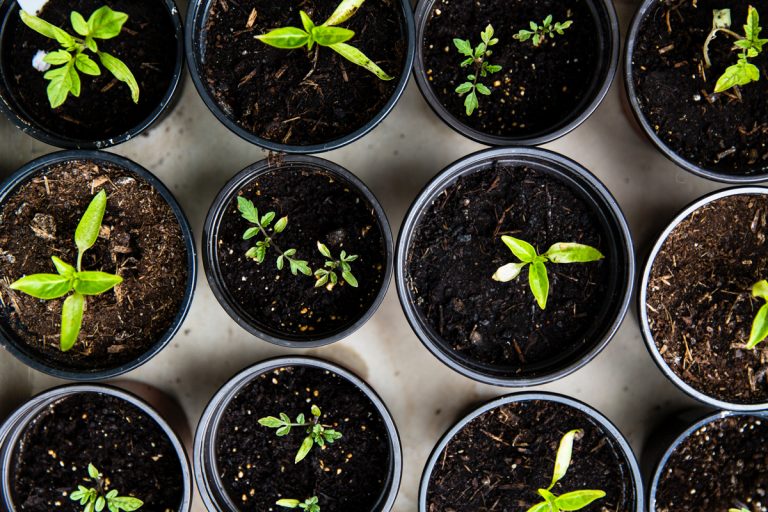
Karma means action, and refers to intentional physical, verbal, or mental actions. These actions leave imprints or seeds upon our mindstreams, and the imprints ripen into our experiences when the appropriate conditions come together. For example, with a kind heart we help someone. This action leaves an imprint on our mindstream, and when conditions are suitable, this imprint will ripen into our receiving help when we need it. The seeds of our actions continue with us from one lifetime to the next and do not get lost. However, if we don’t create the cause or karma for something, then we won’t experience that result: if a farmer doesn’t plant seeds, nothing will grow. If an action brings about pain and misery in the long term, it is called negative, destructive, or nonvirtuous. If it brings about happiness, it is called positive, constructive, or virtuous. Actions aren’t inherently good or bad, but are only designated so according to the results they bring.

All results come from causes that have the ability to create them. If we plant apple seeds, an apple tree will grow, not chili. If chili seeds are planted, chili will grow, not apples. In the same way, if we act constructively, happiness will ensue; if we act destructively, problems will result. Whatever happiness and fortune we experience in our lives comes from our own positive actions, while our problems result from our own destructive actions.
According to Buddhism, there is no one in charge of the universe who distributes rewards and punishments. We create the causes by our actions, and we experience their results. We are responsible for our own experience. The Buddha didn’t create the system of actions and their effects, in the same way that Newton didn’t invent gravity. Newton simply described what exists. Likewise, the Buddha described what he saw with his omniscient mind to be the natural process of cause and effect occurring within the mindstream of each being. By doing this, he showed us how best to work within the functioning of cause and effect in order to experience happiness and avoid pain.
Karma and Past Lives
When we see dishonest people who are wealthy, or cruel people who are powerful, or kind people who die young, we may doubt the law of actions and their effects. This is because we are looking at only a short period of this one life. Many of the results we experience in this life are the results of actions done in previous lives, and many of the actions we do in this life will ripen only in future lives. The wealth of dishonest people is the result of their generosity in preceding lives. Their current dishonesty is leaving the karmic seed for them to be cheated and to experience poverty in future lives. Likewise, the respect and authority given to cruel people is due to positive actions they did in the past. In the present, they are misusing their power, thus creating the cause for future pain. Kind people who die young are experiencing the result of negative actions such as killing done in past lives. However, their present kindness is planting seeds or imprints on their mindstreams for them to experience happiness in the future.
Is Karma Collective or Individual?
Karma is both collective and individual. Collective karma is the actions we do together as a group: soldiers use weapons, a group of religious practitioners pray or meditate. The results of these actions are experienced together as a group, often in future lives. Yet each member of a group thinks, speaks, and acts slightly differently, thus creating individual karma, the results of which each person will experience him or herself.
♦
Adapted from What Color is Your Mind? by Thubten Chodron (Snow Lion Publications).
Thank you for subscribing to Tricycle! As a nonprofit, we depend on readers like you to keep Buddhist teachings and practices widely available.
